Bridging Land and Sea: GreenWave and Rodale Institute Launch Groundbreaking Research Partnership
For centuries, farmers have looked to the ocean to restore soil health. Now, GreenWave and Rodale Institute are launching a three-year research partnership to evaluate the power of ocean-farmed, kelp-based biostimulant to improve soil health and boost crop resilience. Rich in essential minerals and amino acids, biostimulant boosts microbial activity, improves drought resistance, and supports robust plant growth. As farmers grapple with mounting challenges, including declining soil quality and increasingly harsh growing conditions, the goal of this research is to make the case for more farmers to adopt this nature-based solution, while creating new market opportunities for ocean farmers.
Rodale Institute, a leader in regenerative organic agriculture, will conduct field trials at its research farm, applying the kelp biostimulant—processed by GreenWave from kelp grown by ocean farmers in Connecticut, New York, and Rhode Island—to lettuce and sweet pepper crops.
“We’re honored to partner with the cutting-edge researchers at Rodale to explore how kelp biostimulants can help land farmers withstand drought and heat while rebuilding soil health,” said Bren Smith, Co-Founder of GreenWave. “This collaboration is a pivotal step in bridging land and ocean agriculture for more resilient, sustainable food systems.”
These field trials will generate science-backed data on its impact, serving as a model for integrating ocean-farmed inputs into land-based agriculture at scale.
“This collaboration with GreenWave is a crucial step toward understanding the connections between the health of our soils and the health of our oceans," said Jeff Tkach, CEO of Rodale Institute. "We’re excited to see the impact of these innovative biostimulants on soil health and crop productivity. This project could be the starting point for long-term research that will help us develop regenerative, holistic solutions for farmers.”
In addition to the soil health benefits, this project opens major economic opportunities for ocean farmers. The $2 billion global seaweed biostimulant market is currently dominated by wild-harvested seaweed, which faces environmental and supply chain pressures. This project will validate a direct market pathway for farmed kelp, supporting fair-market prices, and fostering a more resilient blue economy.
“Land and ocean farmers face many of the same challenges,” says Toby Sheppard Bloch, GreenWave’s Director of Infrastructure. “This partnership is about finding shared solutions. It’s a regenerative loop—a win-win for everyone.”
This work is part of a broader movement to rethink modern agricultural systems. Decades of widespread synthetic fertilizer use have degraded soil structure and trapped growers in a cycle of rising costs and diminishing returns. In an industry with notoriously slim profit margins, seaweed biostimulants offer a cost-effective, scalable alternative.
“Land-based farmers are in crisis,” says Toby. “They know they can’t just keep applying synthetic inputs and expect different results—they need new, regenerative solutions. This research is about proving that ocean-farmed kelp can be part of a better way forward.”
At the end of the three-year study, findings will be published in a peer-reviewed journal, providing practical, science-backed insights for farmers looking to adopt more sustainable practices. As weather extremes and soil degradation continue to strain conventional farming, this collaboration offers a hopeful glimpse into a future where ocean and land farmers work in tandem to restore balance and build resilient food systems.





